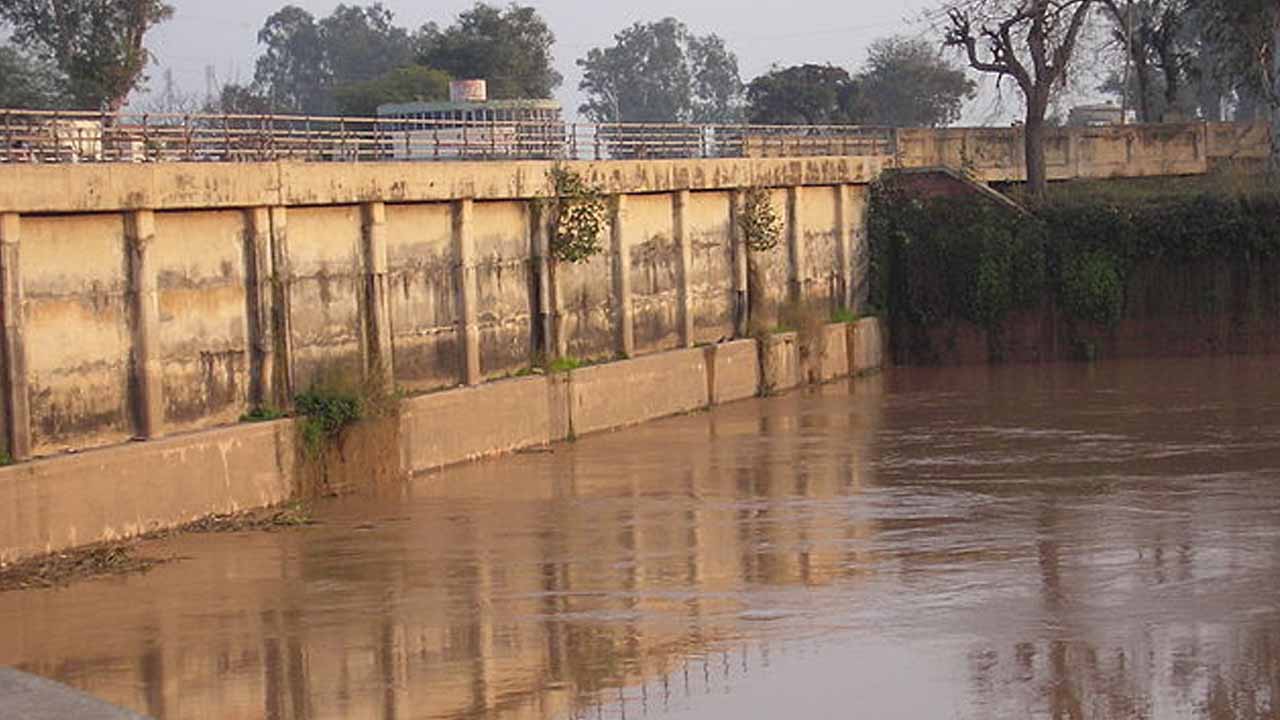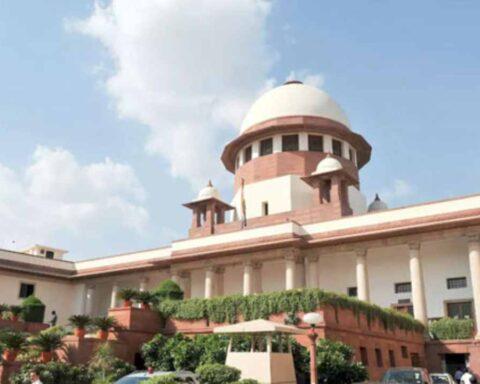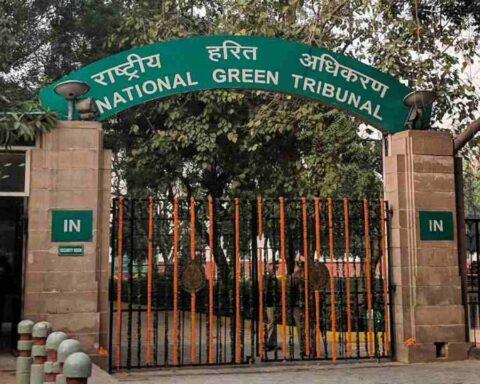The National Green Tribunal (NGT) has directed the Government of Punjab and the UT Administration of Chandigarh to not dump solid waste in the N-Choe or the catchment area of river Ghaggar. It also said that sewerage treatment plants (STPs) must have an online monitoring system to check the quality and quantity of the discharge.
The principal bench of the tribunal, headed by Justice Adarsh Kumar Goel, asked UT and Punjab to lay a sewage network and complete its treatment in a time-bound manner in Faidan village.
The decision came after a grievance was filed by advocate-cum-social activist Sunaina against the failure of the statutory authorities of Punjab and Chandigarh to install the necessary STP, resulting in the discharge of pollutants into the drain originating from Chandigarh and passing through various sectors and villages of Mohali, before merging into the Ghaggar.
“The pollution is affecting the ecosystem, including aquatic life, and also public health. The discharge of untreated sewage into the drain is a violation of the Water (Prevention and Control of Pollution) Act,” she submitted. Further, since the wastewater of the drain is used for the cultivation of crops and washing vegetables that are consumed by residents, it is affecting the food chain and public health.
On January 3, the Joint Committee submitted a status report mentioning the status of violations and steps taken in the matter in Punjab and Chandigarh.
During monsoon, the raging Ghaggar river often floods adjoining areas. Sardulgarh has witnessed floods in 1966, 1988, 1993, 1995 and 2010. Industrial pollution has turned the river, and even groundwater, black in some places. As a result, residents of more than two dozen villages, continue to get the polluted water in the absence of waste treatment by factories.
Moreover, the constituency has only one sub-divisional hospital, with no specialist doctors. Hence, residents have to go to private hospitals in Mansa or Sirsa in Haryana. Locals claimed, all politicians had made promises to make Ghaggar pollution-free, but nobody did anything.





























